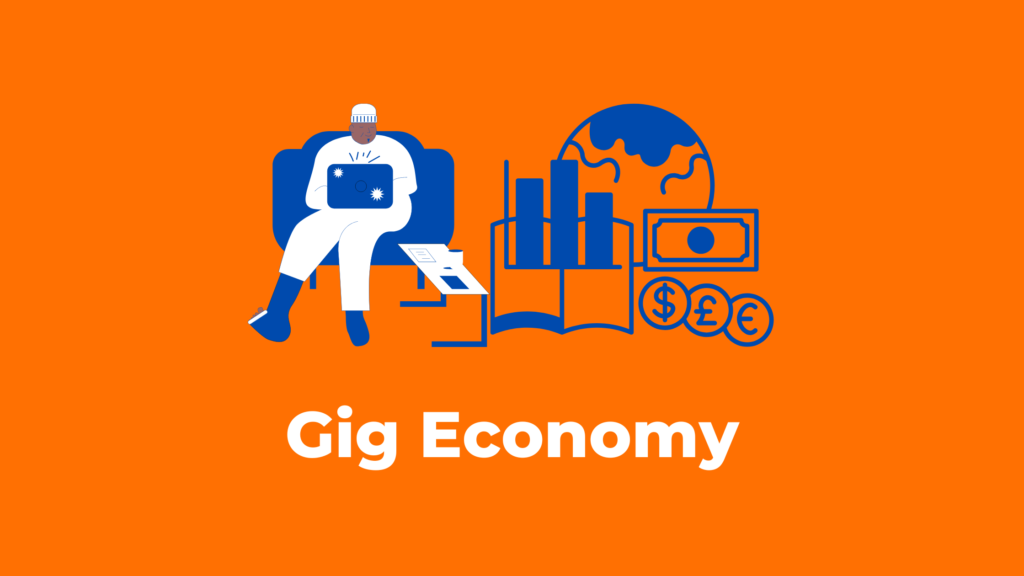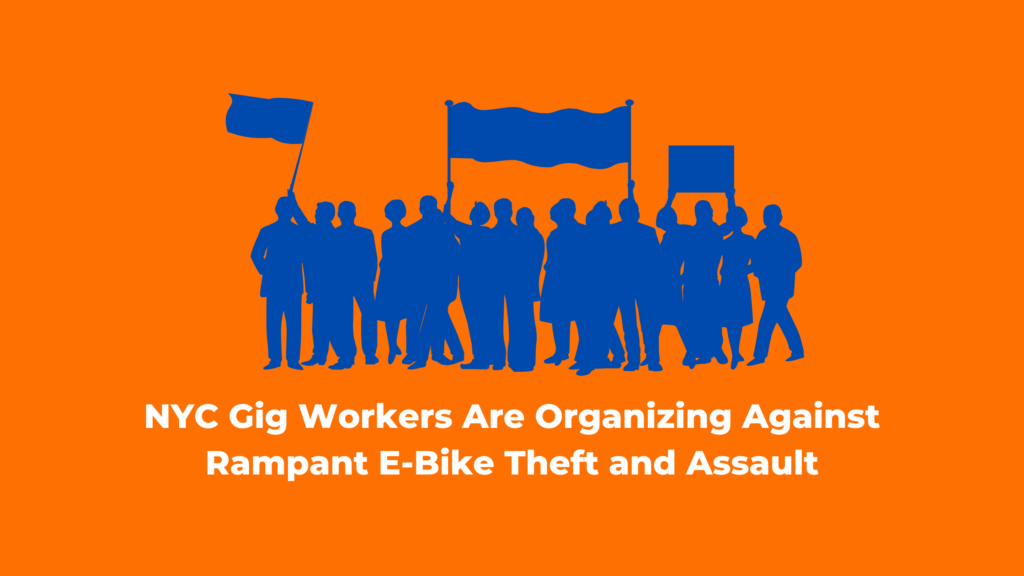What is the Gig Economy?
The gig economy is a labor market characterized by the prevalence of short-term contracts or freelance work as opposed to permanent jobs. The term “gig” is used to describe a short-term contract or freelance job. Gig workers are independent contractors who are not employees of the companies they work for. They are typically paid per gig, and they may have to work multiple gigs to make a living.
The gig economy has grown rapidly in recent years, due to a number of factors, including the rise of the internet and mobile technology, the decline of traditional manufacturing jobs, and the increasing demand for flexibility and independence among workers.
This article explores ten compelling examples of gig economy jobs that demonstrate the diversity and impact of this rapidly growing sector.
1. Food Delivery
With the rise of online food delivery platforms, gig workers have found opportunities to earn income by delivering meals to customers’ doorsteps. Companies like Uber Eats, DoorDash, and Grubhub have created platforms where individuals can work as independent contractors, choosing their own hours and earning money through timely and efficient delivery services.
2. Transportation
Ridesharing services like Uber and Lyft have become household names, providing gig workers with the ability to use their own vehicles to offer transportation services to passengers. This flexibility allows individuals to work when and where they choose, making it an attractive option for those seeking a side gig or a full-time income.
3. Caregiving
Gig economy platforms have emerged to connect individuals in need of caregiving services with qualified professionals. Services range from childcare and eldercare to pet sitting and housekeeping. Gig workers in the caregiving sector enjoy the flexibility to choose their clients, hours, and rates, making it an appealing option for those who value independence.
4. Hospitality and Travel
The gig economy has revolutionized the hospitality and travel industry. Platforms like Airbnb allow homeowners to rent out their properties to travelers, while gig workers can offer their cleaning and maintenance services to ensure a pleasant stay for guests. This dynamic has opened up new income opportunities for both homeowners and gig workers alike.
5. Digital Freelance Services
The internet has enabled an explosion of digital freelance work. Freelancers can now offer services such as writing, graphic design, web development, social media management, and virtual assistance to clients worldwide. Online platforms like Upwork, Fiverr, and Freelancer provide gig workers with a vast marketplace to showcase their skills and connect with potential clients.
6. Teaching
Online tutoring and teaching have become increasingly popular gig economy options. Platforms like VIPKid and Udemy connect students worldwide, offering flexible teaching opportunities and the chance to work remotely. This gig economy sector has revolutionized education by providing access to quality teaching regardless of geographical barriers.
7. Writing
The gig economy has created a wealth of opportunities for freelance writers. Content creation, copywriting, and blogging are just a few examples of how writers can leverage their skills in the digital space. Gig workers can work on multiple projects simultaneously, collaborate with clients across the globe, and enjoy the freedom to choose assignments that align with their interests.
8. Graphic Design
With businesses requiring compelling visuals to stand out in today’s competitive landscape, graphic designers have found a thriving gig economy. Designers can offer their services for logo design, branding, marketing collateral, website design, and more. Gig workers in this field can enjoy the creative freedom of working on diverse projects while managing their own schedules.
9. Software Development
The demand for software developers is higher than ever, and the gig economy has provided an avenue for skilled professionals to capitalize on this need. Gig workers specializing in software development can work on freelance projects, build custom applications, and provide technical expertise to clients globally. This sector offers flexibility, high earning potential, and the ability to work on exciting projects.
10. Consulting
The gig economy has transformed the consulting industry, enabling experienced professionals to offer their expertise on a freelance basis. Consultants can provide specialized knowledge in areas such as marketing, finance, human resources, and strategy. Gig workers in consulting have the autonomy to choose their clients, projects, and work arrangements, making it an attractive career path for seasoned professionals.
Conclusion: How Has the Gig Economy Changed the Way We Work?
The gig economy has revolutionized the traditional employment landscape, providing individuals with flexibility, autonomy, and a diverse range of income opportunities. It has created a new paradigm where individuals can shape their careers, choose their clients, and enjoy the benefits of a flexible work-life balance.
As the examples discussed in this article demonstrate, the gig economy spans various industries, allowing workers to leverage their skills and passions to create their own paths to success. Whether it’s delivering food, providing caregiving services, offering digital expertise, or consulting with businesses, the gig economy has empowered individuals to redefine their relationship with work.
As we continue to witness the growth of the gig economy, it is essential to acknowledge its impact on the future of work and adapt to the evolving needs of both gig workers and businesses alike.

Pardeep is the founder and editor of Small Investment Ideas. He believes that everyone can change their life with the help of small investments and achieve financial freedom.


